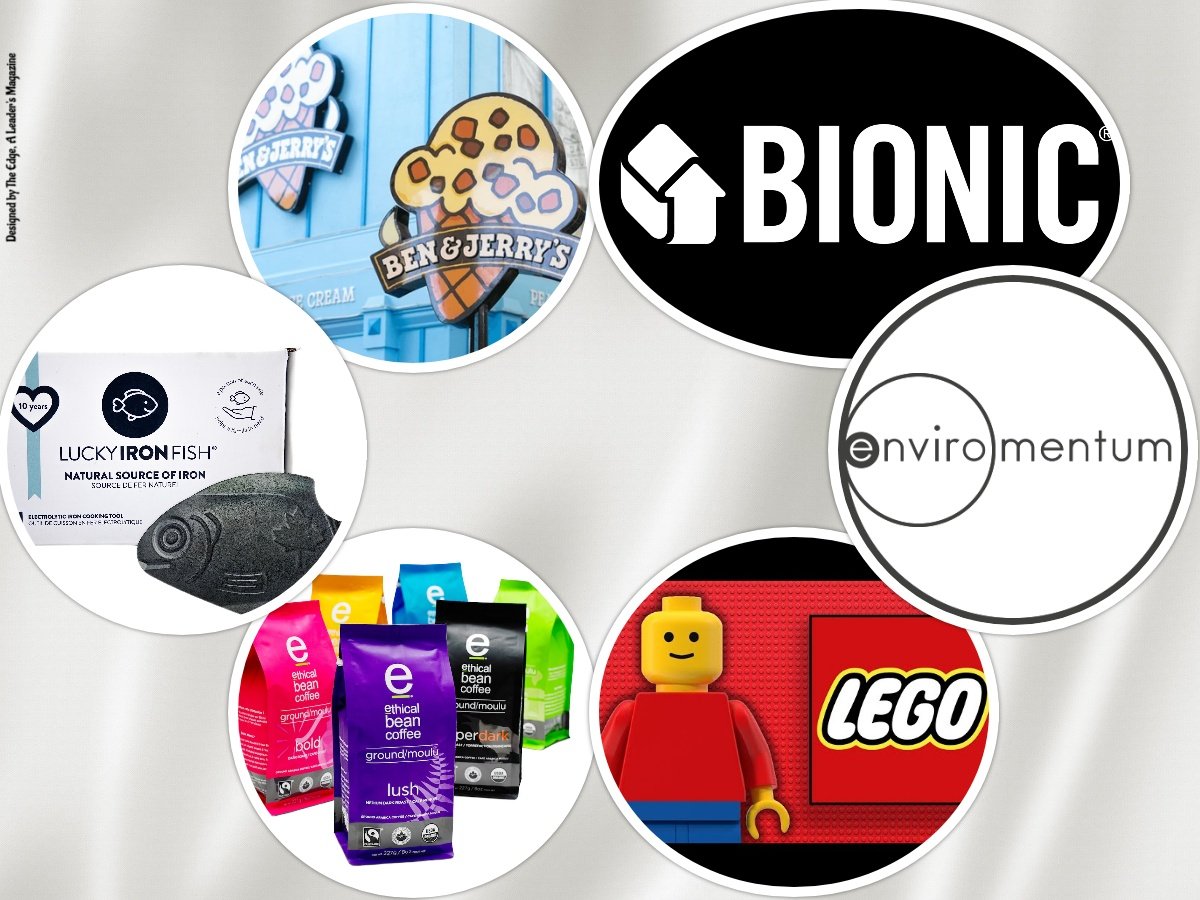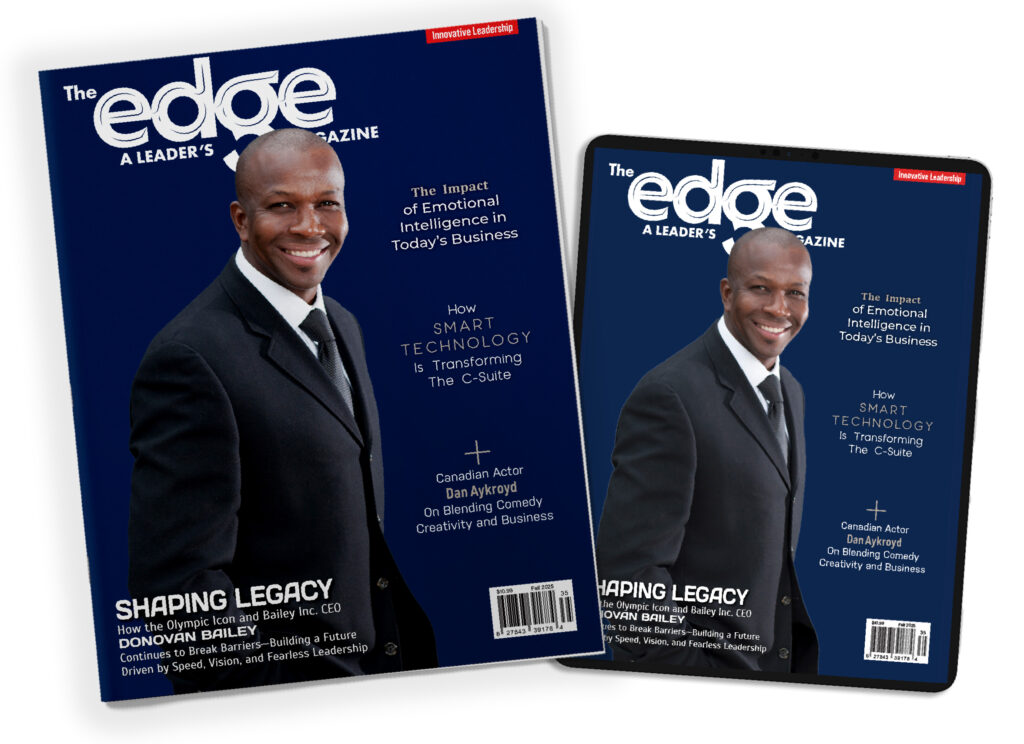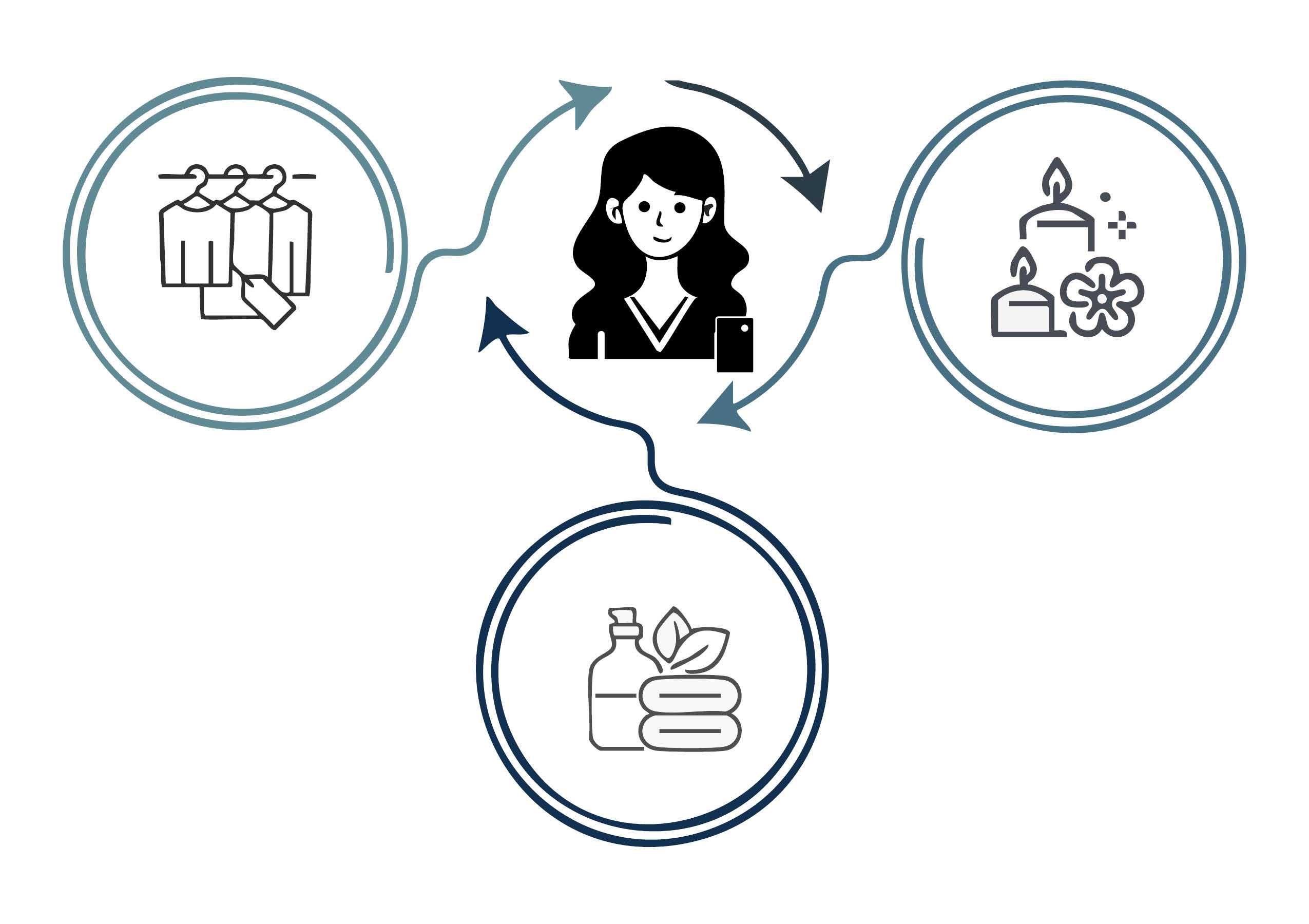When setting out to start a business, terms like “profit margin” and “market sales potential” always take precedence over ones like “carbon footprint” or “social responsibility.” Ethics aren’t in opposition to a successful business and being socially conscious isn’t something you have to disregard when starting a company. In fact, it should be one of the first things you think about.
There are many socially responsible companies that not only have widespread recognition but also turn in an impressive profit. And in some cases, it’s that very sense of ethics and responsibility that many socially conscious customers look for when doing business.
Lego
Toy manufacturers generally aren’t thought of as the most socially conscious companies. However, Lego changed that idea in 2003 when the Danish company became the first toymaker to join the United Nations Global Compact, the world’s largest corporate social responsibility initiative.
Some of Lego’s partnerships and accomplishments are as imaginative as the minds that create complex structures out of the iconic toy blocks. In 2017, Lego partnered with the World Wildlife Fund in an effort to reduce carbon emissions. This includes a $6 billion investment in two offshore wind farms, research and development of more sustainable materials, and improving energy efficiency in the production of Lego bricks by more than 12%.
With climate change a pressing global concern, it makes sense that one of Lego’s main priorities is not just combating it but also increasing awareness of the issue. In 2017, the toy giant celebrated its achievement of reaching 100% renewable energy capacity by building the world’s largest brick wind turbine out of Lego bricks.
Bionic Yarn
Music, design, and fashion icon Pharrell Williams partnered with Tim Coombs and Tyson Toussant of Bionic Yarn, a raw material manufacturing company that’s revolutionizing what it means to be socially responsible. The core of Bionic Yarn’s belief is simply that “a company can successfully marry purpose with profit.”
This initiative started with a focus on one of the most dire issues facing the planet’s oceans: plastic waste pollution. Bionic Yarn recovers the waste found along the coast and recycles it into technologically advanced raw materials. The versatility of these recycled materials is what makes Bionic Yarn such a tremendously successful company, with its products found in anything from clothing to furniture to luggage to automotive parts.
Lucky Iron Fish
Lucky Iron Fish founder Dr. Gavin Armstrong fits the mold of a “social entrepreneur” perfectly. He decided early on when starting his company that he would do his best to help with socially conscious initiatives and philanthropic work, such as hunger and malnutrition issues, mainly in Africa. The titular core product of Lucky Iron Fish is a small iron fish designed to be cooked along with food (like in a pot of rice), acting as a reusable iron fortifier for those who are deficient in the mineral and an alternative to iron pills.
As amazing as the social impact that Armstrong’s company has made, the question remains as to how he can run a profit while still helping others. When he spoke to The Edge in 2018, he provided some insight on this matter.
“I have staff I have to pay at the end of the day,” he explained. “And so the margins are important, the bottom line is important, but we want to make a difference by the social threshold of what we’re doing.” An example he provided was the money that goes into his environmentally sustainable packaging: “I think consumers want to see packaging that has environmental logos on it. I think being cheap and using plastic packages will actually hurt the brand and will actually hurt sales. I don’t consider social costs as a cost; I consider them an investment.”
Ethical Bean Company
In an industry where a fair-trade option has become an industry standard, it’s nice to see a coffee company go beyond that standard. Vancouver’s Ethical Bean Coffee shows that it’s entirely possible to blend business with charity work and still turn a profit. In 1999, founders of the Vancouver-based coffee shop, Lloyd Bernhardt and Kim Schachte, spent nearly a year in Guatemala waiting for the adoption of their daughter. During their time there, the couple witnessed the difficult struggle of coffee growers and farmers trying to make ends meet. This inspired the direction they would take with their coffee shop.
A combination of environmentally friendly ingredients and a focus on charity makes Ethical Bean Coffee one of Canada’s top socially responsible companies. The brand’s eco-friendly bags generate 75% less emissions than a plastic recyclable container, and its return policy on those bags decreases emissions even further. As for Ethical Bean’s charity focus, the company has donated to Child Aid’s FUNDIT since 2003, providing aid to school children in Guatemala.
Ben & Jerry’s
Proudly fueled by their hippie idealism (and great recipes), Ben Cohen and Jerry Greenfield founded Ben & Jerry’s in 1978. The ice cream kings never once cut ties with their hippie philosophy of a greener and healthier planet, and it’s one of the most prominent features of the company, outside of its cleverly-named flavours.
The causes that Ben & Jerry’s supports are interwoven with the actual ice cream-making process. In 1989, the company first opposed the use of Recombinant Bovine Growth Hormones in cows due to the unfavourable economic impact its use had on family farming. A few years later, 8 million pints of Ben & Jerry’s ice cream carried a “Support Farm Aid” message in support of a non-profit dedicated to keep American family farmers on their land.
The so-called “flower power” movement that influenced the company’s decision-making is part of why customers view Ben & Jerry’s so favourably. No one bats an eye when the ice cream maker came out in support of same-sex marriage and LGBTQ rights because a progressive mindset is ingrained in the company’s culture. There may not be a company more emblematic of social corporate responsibility than Ben & Jerry’s.
Enviromentum
Social responsibility sometimes fully encompasses the entirety of a company’s goals, as is the case with Toronto-based Enviromentum, which “uses an approach informed by behavioural science to motivate people to adopt environmentally responsible behaviours.” The driving goal behind Enviromentum is a cultural transformation to an equitable, low-carbon society. Co-founder Vincent Schutt stresses that behaviour change is one of the most important factors in achieving this.
“We apply behaviour change concepts enhanced through decades of scientific research from the fields of smoking, drinking, and drug use – and use those methods to inform behaviour change programs that reduce ecological impacts of people,” he explains.
Enviromentum built a foundation of trust with its clients and partners, going beyond what’s expected and employing an “empathic style of leadership that equally values other people, and empowers others to make autonomous choices.”
Alex Correa | Contributing Writer



















